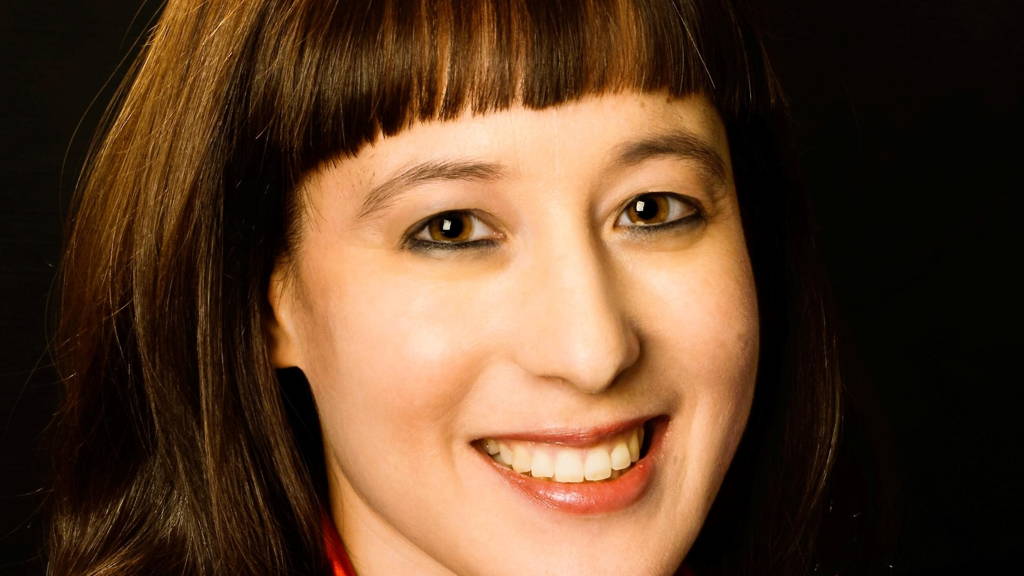Women are underrepresented in digital health. What is the reason?
There are different reasons for that; some are on the individual level and include the career decisions that women make (e.g., which path do I choose after my Ph.D. in life sciences?). Some are on a structural level, such as governmental and societal support to unite work and family.
Also, a significant part of the digital health landscape is the startup world. From the many discussions within our community, women perceive being a startup founder as a risk, also a financial one, and might prefer finding a corporate job, which allows part-time and foreseeable stability, which is not wrong. But it leads to situations where I attend an accelerator event in the field of digital health, biotech or MedTech, where 10 CEOs have the chance to present their project to the audience, and all of them are men.
How do you want to promote female equality in the tech sector?
With our community and our growing partner network, which includes organizations like HIMSS Women in Health IT, we, my co-leads Daniela Gunz and Aisha Schnellmann and me, want to empower, amplify and engage, for women to take an active role in digital health. We do this through our events, with female speakers that are role models, sharing of knowledge, project and job opportunities, and becoming an opinion leader and represent our community at large industry events as a speaker. We want to encourage women to take the chances that are being offered, be bold, and don’t become too comfortable. Always move forward, be smart, and the rewards will be incredible.
When you listen to a discussion on digital health where only men are invited, what do you think?
Experiencing this situation and being frustrated about it led us to the foundation of our community, “Women in Digital Health.”
We want to encourage women to be more visible in the digital healthcare industry.
Do you believe that it can be changed?
I will, and it already does. We have to hang in there. One of our goals was to establish our community members and ourselves as opinion leaders and speakers, and we’ve received many opportunities ever since.
For some organizers of the conferences, sometimes it's challenging to ensure the gender balance. There are not so many women experts in the field of digital health. What would you suggest to them?
As I’ve organized a lot of events, also on the corporate side, I know it is sometimes hard to ensure the gender balance, even with the best intentions. What I would suggest is that they ask organizations like us for a recommendation. Our community, our partner organizations, and our network provide a large pool with women experts in the field of digital health, health IT, pharma, bio- and MedTech.
How do you want to mobilize women to - for example - set up startups, apply for digital jobs, etc.?
We do this on different levels: at our events, female founders are presenting not only their startups but also how they became an entrepreneur and that this path comes with many exciting opportunities. Besides, our female startup colleagues from our community serve as role models and panelists for the “feminno” program, a program run by University of Zurich and Basel, as well as ETH Zurich that offers career development in Life Sciences for women scientists interested in the science-innovation interface, including becoming an entrepreneur.
How did you find your way to healthcare and digitalization? Did you, as a woman, experience some barriers and difficulties?
It all started when I began to work in a hospital’s communications and marketing department. Also, I had a great mentor that always encouraged us to be curious, to try out new things, and to start prototyping. In the same year, I volunteered at the Health 2.0 Conference in London. Three days with impressing speakers, promising demos by startups and meeting new people – that’s when discovered the universe of digital health and its excellent possibilities to improve people’s health.
Sunjoy has a background in medical humanities and economics and brings a holistic and interdisciplinary mindset to project management, communications and business development in healthcare.






